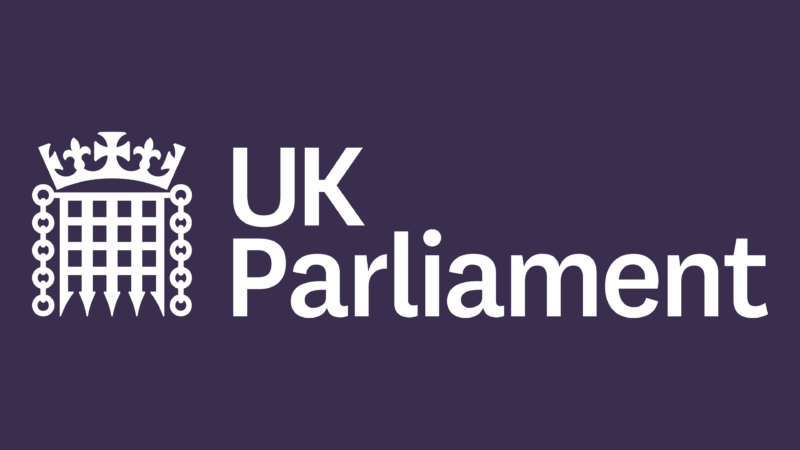
The impact of economic disadvantage
The link between economic disadvantage and educational underachievement permeates every stage of a young person’s education. …

Early intervention is key in breaking down barriers to education and encouraging young people to think about their futures before their attitudes towards study become fixed.
Both aspirations and development play a significant role in influencing young people’s outcomes. A child certain about higher education before or by the age of 10 is 2.6 times more likely to attend a competitive university than someone who decided in their late teens (UCAS, 2016). Providing young people with both aspirations and attainment raising opportunities from Primary-age through career-related learning can help to broaden their horizons and develop the skills and indeed qualifications they may require to succeed in their chosen aspiration.

Having high aspirations from a young age equips young people with focus and motivation to succeed. By increasing the limited access to information, resources and opportunities for young people facing disadvantage, they are equipped with the knowledge to make informed decisions on the best paths for themselves and how to achieve their goals.
Read the report here
A strong development of learning skills from young allows is crucial in sustained, long-term attainment in various subject areas. This has a knock on effect on young people’s sense of self-efficacy and outcomes, ultimately affecting young people’s chances of breaking cycles of disadvantage.
Read the report hereOur work is based upon sound public research into both the need for our work and the effectiveness of our approach. Find out more about the barriers young people are facing below.

The link between economic disadvantage and educational underachievement permeates every stage of a young person’s education. …

Where young people are growing up in the UK affects their opportunities and life chances.

Young people from disadvantaged neighbourhoods are significantly less likely to progress to university or any further education, employment or training than their more privileged peers.

We believe that everyone should have the opportunity to access the benefits Higher Education can provide.